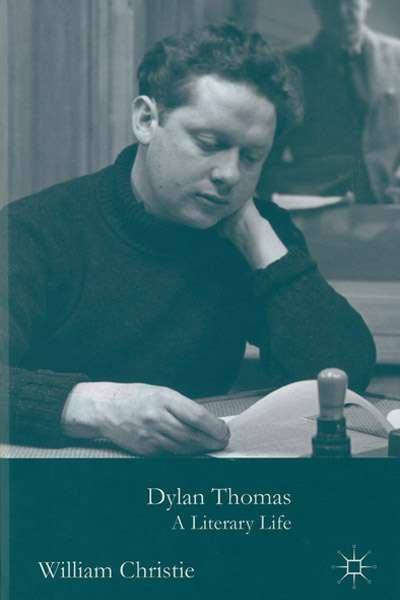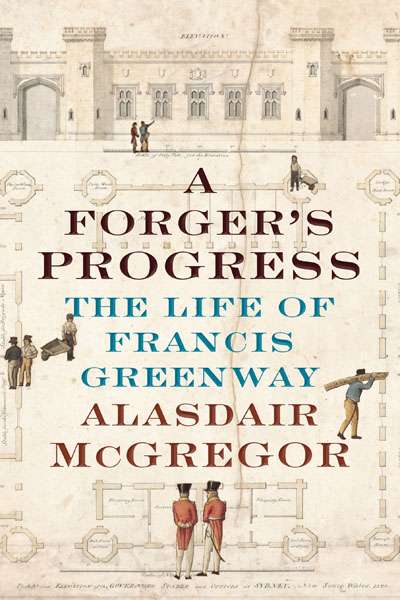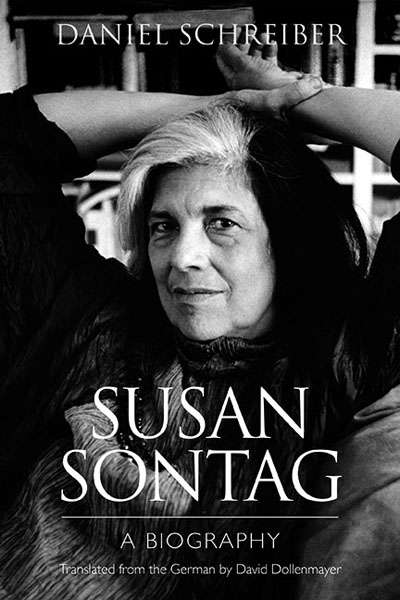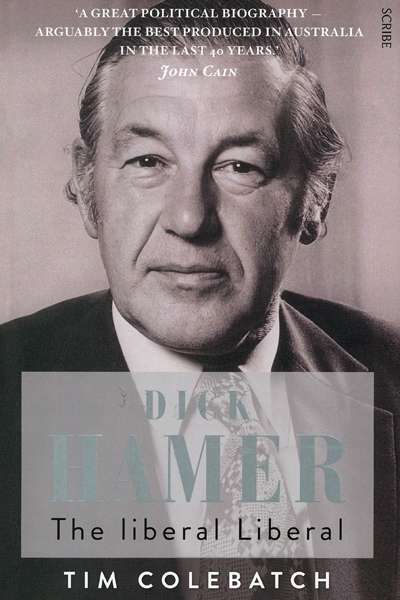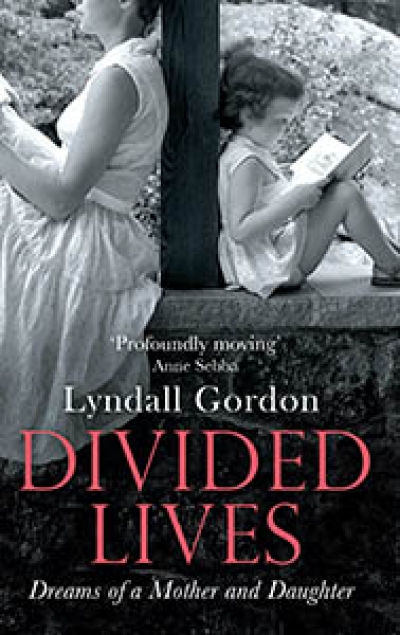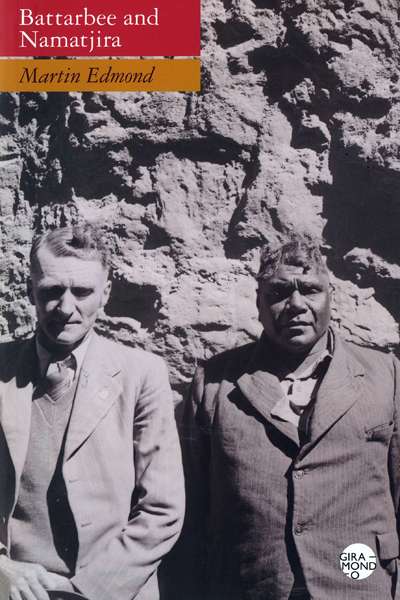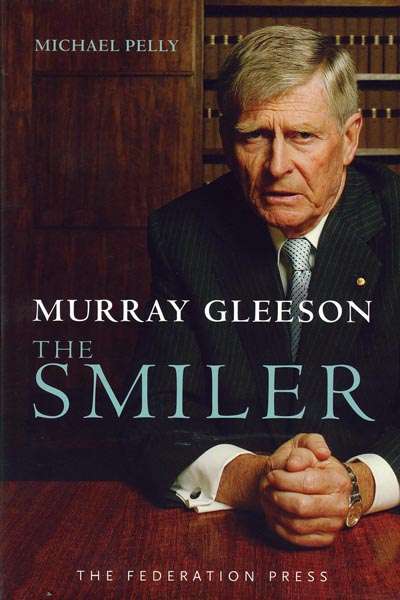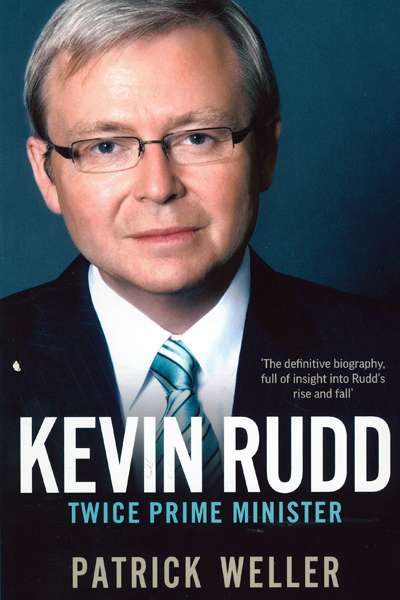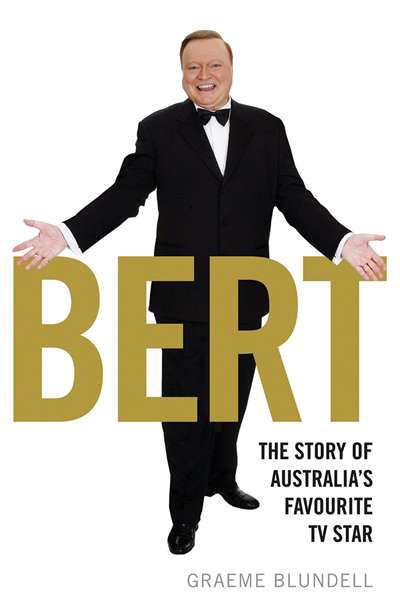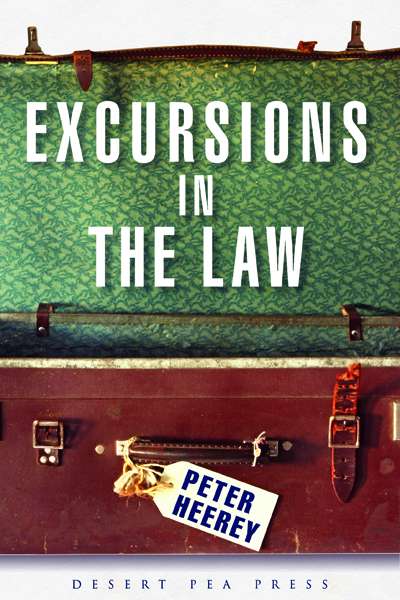Biography
A Forger’s Progress: The life of Francis Greenway by Alasdair McGregor
by Paul Brunton •
Susan Sontag by Daniel Schreiber, trans. David Dollenmayer. & Susan Sontag by Jerome Boyd Maunsell
by Andrea Goldsmith •
Dick Hamer: The liberal Liberal by Tim Colebatch
by Geoffrey Blainey •
Kevin Rudd: Twice Prime Minister by Patrick Weller
by Lyndon Megarrity •
Bert: The story of Australia’s favourite TV star by Graeme Blundell
by Dina Ross •

